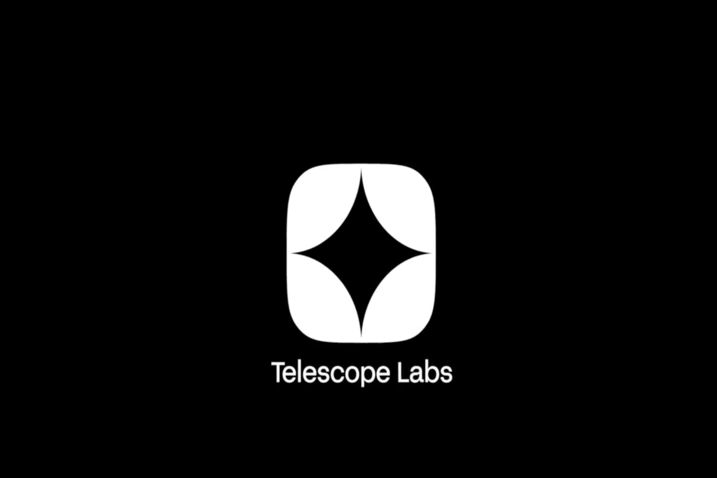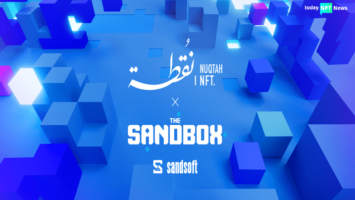SNEAK PEEK
- Telescope Labs introduces AI-powered game grading for web3 with GPT-4.
- Users gain access to 37 optimized KPIs for smarter economic decisions.
- The plugin enables daily analysis, growth comparison, and accurate trend forecasting.
Telescope Labs, the disruptive data analytics startup, is causing waves. Significantly, it has just unveiled a groundbreaking tool that grades web3 games. By harnessing the power of artificial intelligence, this revolutionary tool can derive insightful data from an extensive list of over 2,000 web3 games.
With this GPT-4 powered plugin, users can access 37 unique Key Performance Indicators (KPIs). Additionally, these KPIs are optimized explicitly for web3. Consequently, users can now make informed economic decisions backed by an analytical powerhouse.
On the same accord, integrating GPT-4’s advanced reasoning capabilities has resulted in a powerful plugin. Moreover, this new tool transcends traditional data analysis boundaries. Users now have the power to perform daily analysis, compare game growth trajectories, and predict future trends with unprecedented precision.
Telescope Labs’ CEO, Semih Gilan, expressed excitement about the launch.
“This game-changing plugin’s blend of vast, diverse data, advanced reasoning, and real-time responsiveness is truly revolutionary for web3 gaming and blockchain,” he said.
In addition, this innovative GPT plugin not only sets a high bar for future sector advancements but also significantly boosts understanding of web3 gaming and blockchain game analysis.
The tool’s development responded to a high demand within the blockchain gaming community. Hence, Telescope Labs’ solution sets a benchmark in data access, ease of use, and sophisticated AI integration for real-time analysis.
To wrap up, Telescope Labs is a game-changer in the web3 gaming landscape, offering a suite of AI-powered solutions. Headquartered in London and globally, it leverages predictive models and machine learning to drive user efficiency. With self-service APIs and integration SDKs, users can connect game data, unlocking tracking and analysis across their games and the blockchain.









